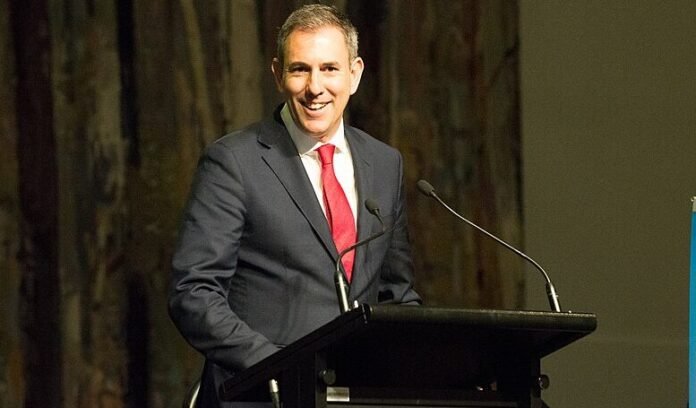Greens warn super has become a taxpayer-funded wealth boost; want harsher rules on big accounts
The Greens have issued a firm warning that Australia’s $4 trillion superannuation system has evolved into a taxpayer-subsidised scheme for growing wealth, signalling a tough stance in forthcoming negotiations over Labour’s plans to hike taxes on super accounts worth more than $3 million.
Treasurer Jim Chalmers recently confirmed he wants the Senate to consider the government’s proposal to double the earnings tax on super balances exceeding $3 million, from 15% to 30%. This policy affects approximately 80,000 Australians and leaves intact the overall generous tax concessions for retirement savings.
However, the Greens argue that the current $3 million threshold is too high. They want it lowered to $2 million and are pushing for indexation rules to be introduced, which would adjust the threshold according to inflation or other economic measures. Labour, meanwhile, maintains that its plan is the fairest and most balanced approach to taxing the nation’s wealthiest super fund holders.
Chalmers acknowledged that Labour does not hold a Senate majority and will need to negotiate with minor parties like the Greens to secure passage of the legislation after July 1. He insisted, however, that the government remains committed to controversial elements of the plan, including taxing unrealised gains—value increases on assets that have not yet been sold, often referred to as paper profits.
To illustrate the generosity of the current concessions, Chalmers pointed out that someone with $3 million in super receives tax concessions of just over $14,000 before the changes and just over $13,000 after the proposed tax hike, highlighting that even after reforms, super balances of this size benefit from substantial tax breaks.
Embed from Getty ImagesThe Greens’ Treasury spokesperson, Nick McKim, said the party is ready to work constructively with Labour to ensure that the superannuation tax on the wealthiest Australians is “as strong and fair as it can be.” He stressed that over time, superannuation has shifted away from its original purpose of providing dignified retirements for working people and has become a tool for wealth accumulation. “This needs to change,” McKim said.
The Greens aim to ensure that wealthy Australians pay their fair share of tax so governments can better support those who need it most. McKim emphasised that the party has not yet seen the specific legislation or regulations that Chalmers intends to introduce, but said they will not negotiate through the media, signalling a preference for direct discussions behind closed doors.
Chalmers also clarified that politicians will not be exempt from the tax changes, even if their retirement savings are held in defined benefit accounts. These accounts calculate benefits based on salary at retirement, rather than contributions over a working life. Politicians elected before 2004, including Prime Minister Anthony Albanese, as well as some former bureaucrats and judges, are entitled to these defined benefits.
Special provisions allow some payments to be deferred with interest charged until retirement, which Chalmers described as a “function of necessity.”
On the opposition side, the Coalition has hinted at a possible deal with Labour if the unrealised gains provisions are removed from the legislation. Nationals Senator Matt Canavan, however, strongly opposed taxing unrealised gains, warning that farmers who own property through their superannuation funds would suffer. “There’s no way in hell we’ll support attacks on people that don’t have the means to pay for it,” Canavan said. He argued the tax should only apply when there is actual income to pay tax on, not on paper profits.
The debate is poised to intensify as parliament returns in late July, with the Greens holding the balance of power in the Senate and playing a pivotal role in shaping the future of superannuation taxation in Australia.
